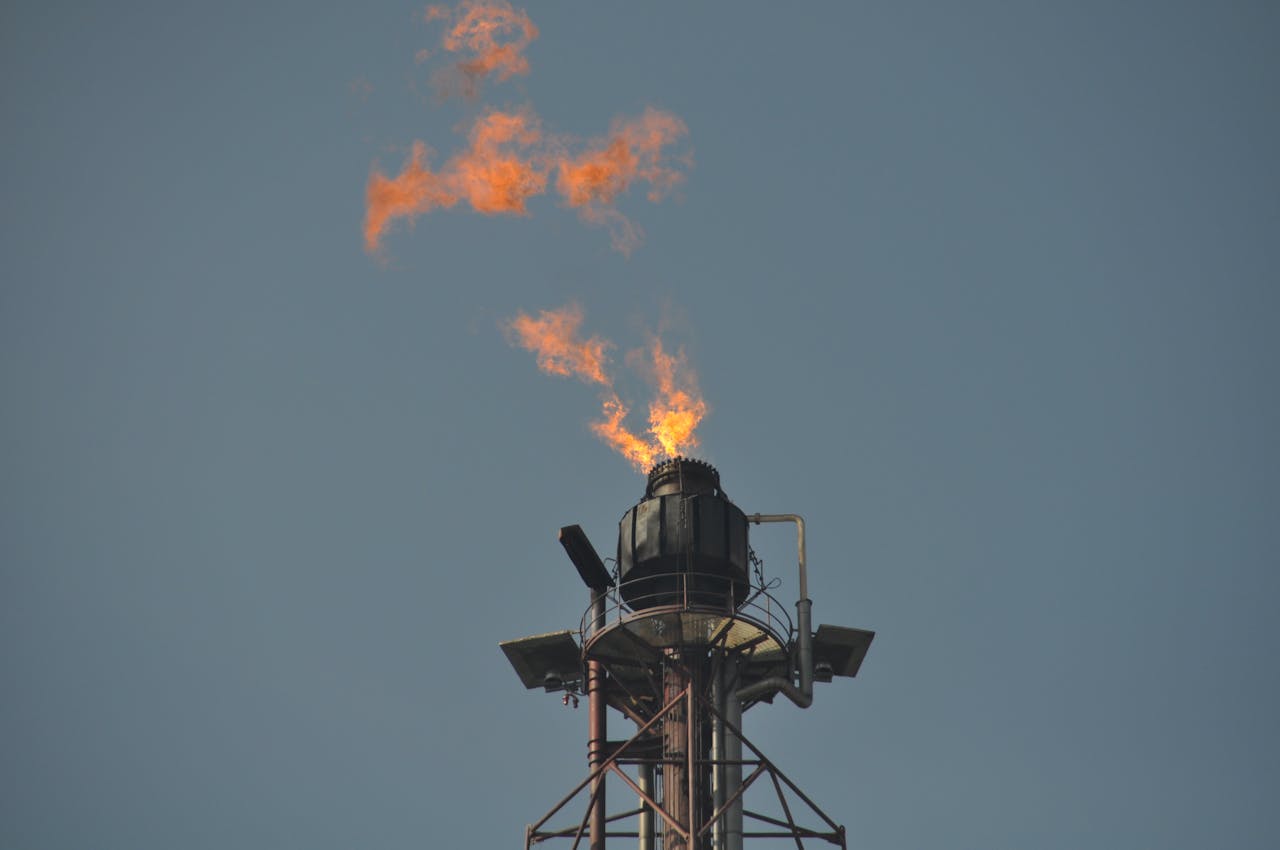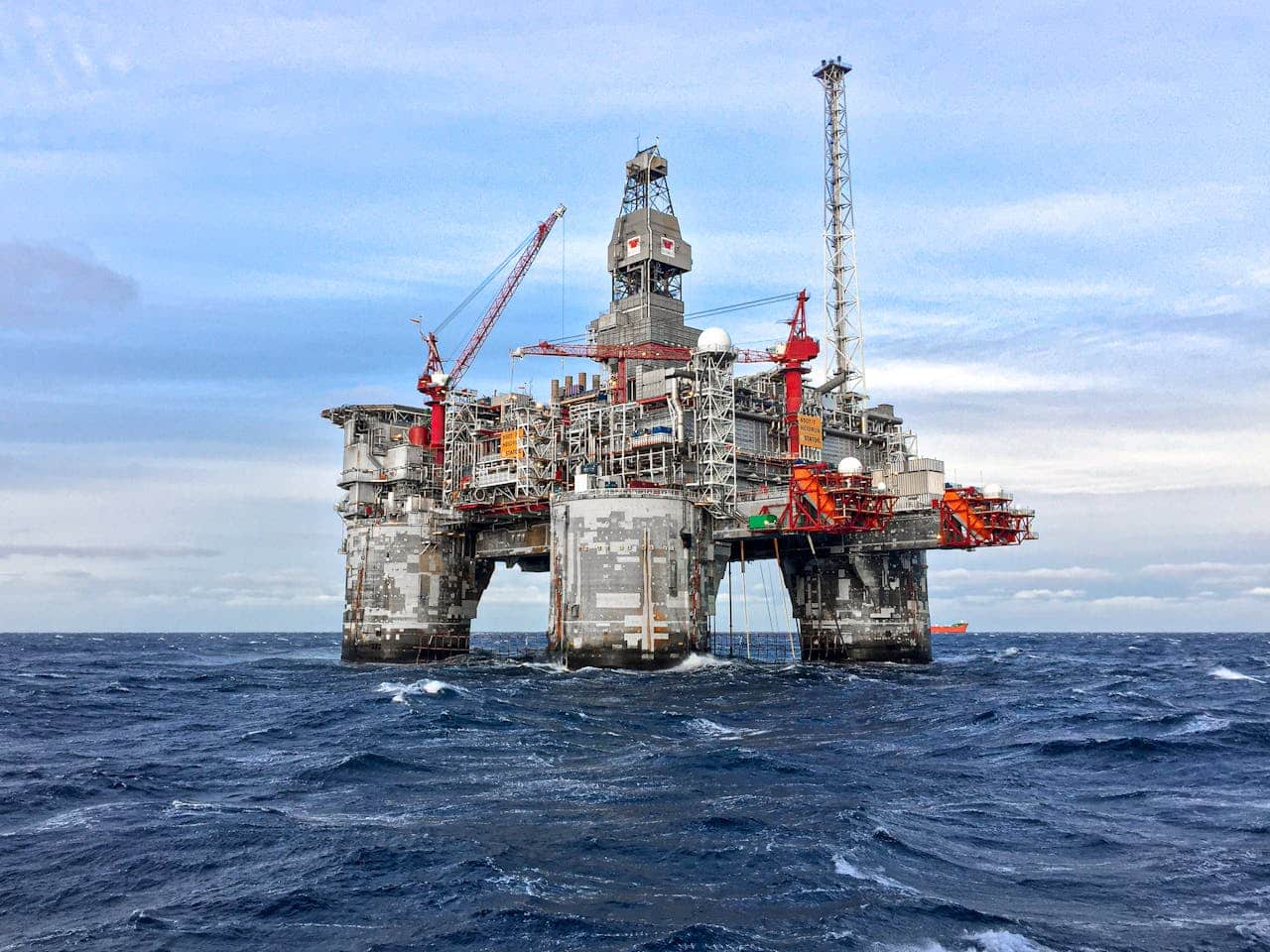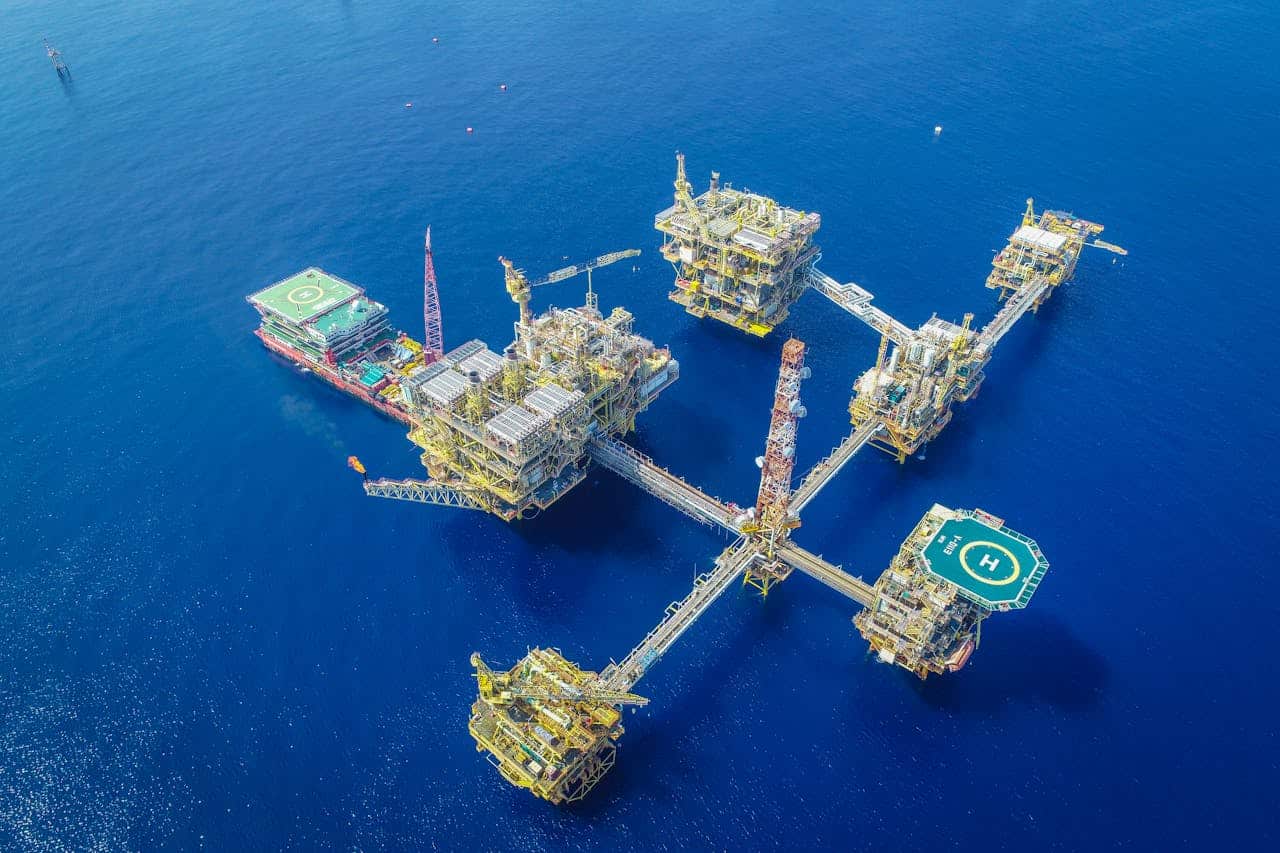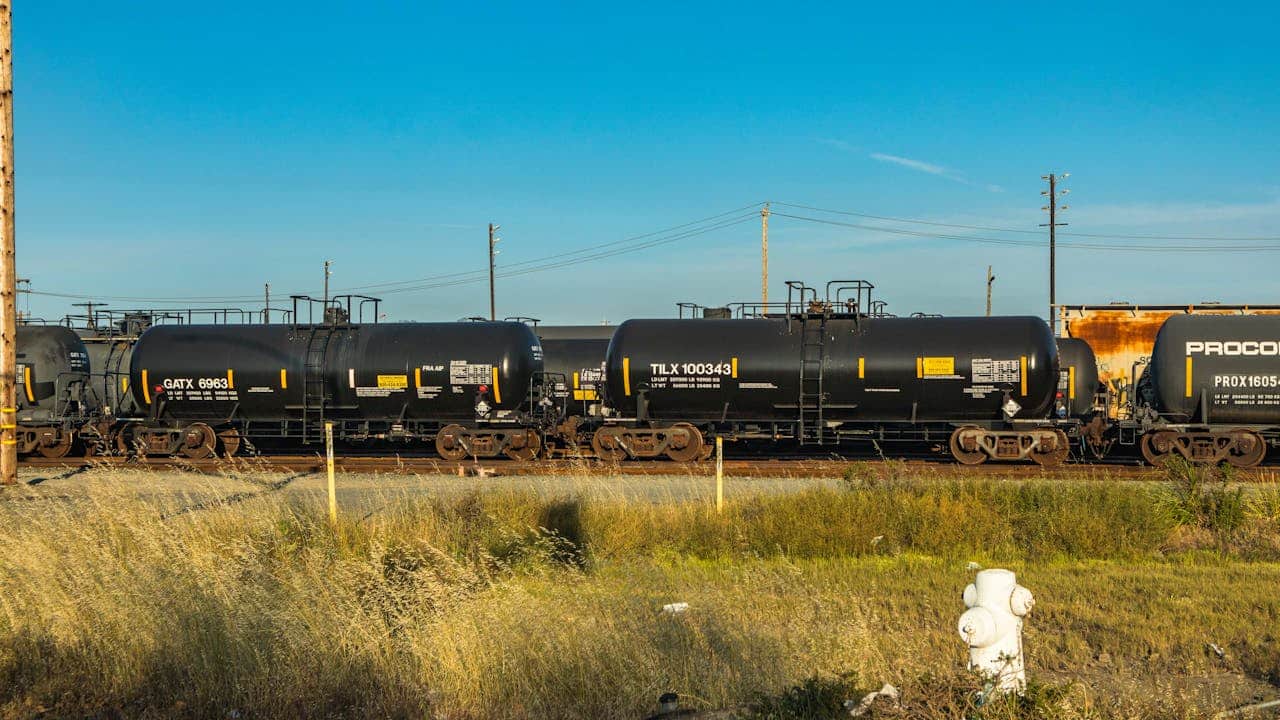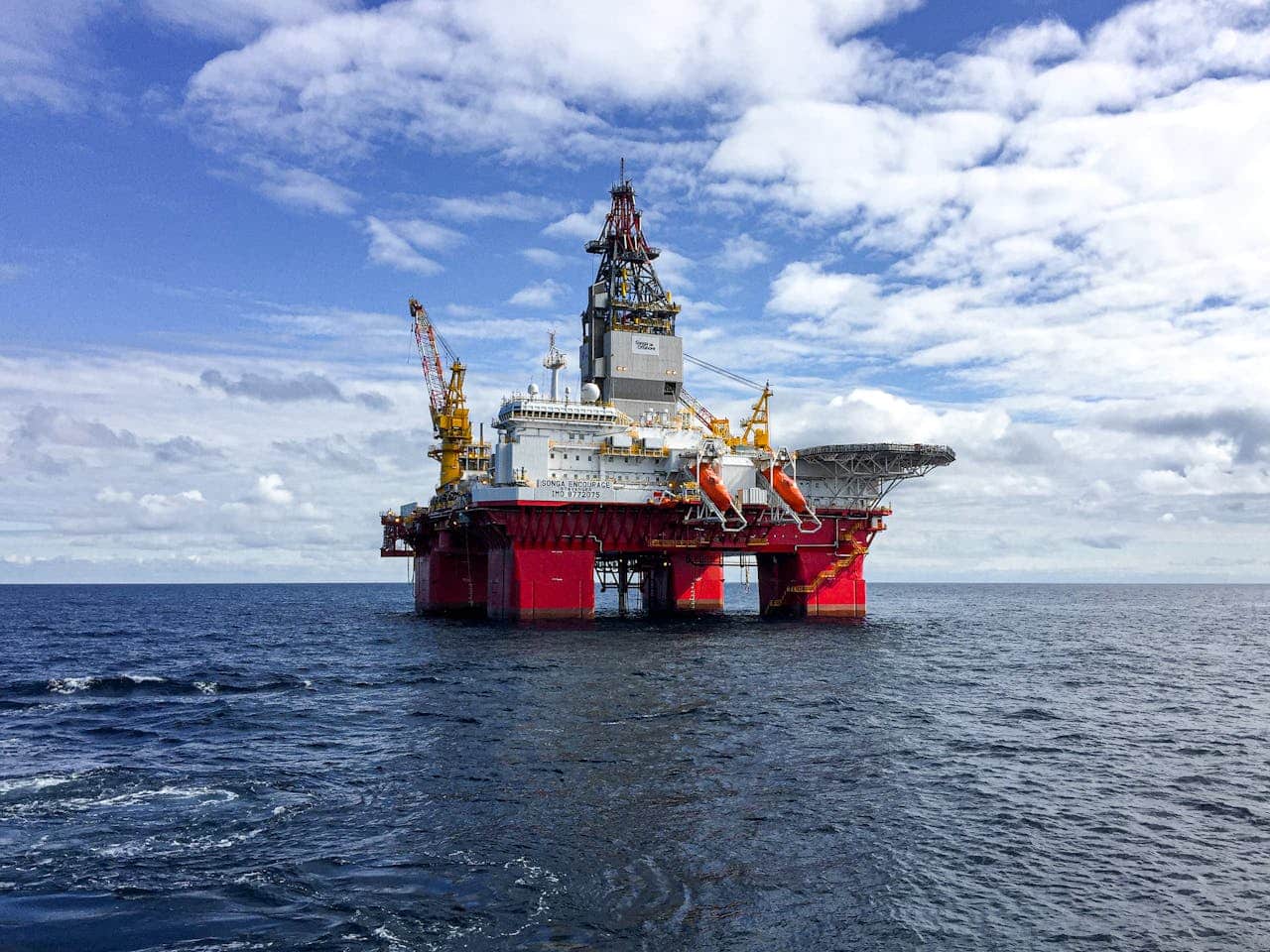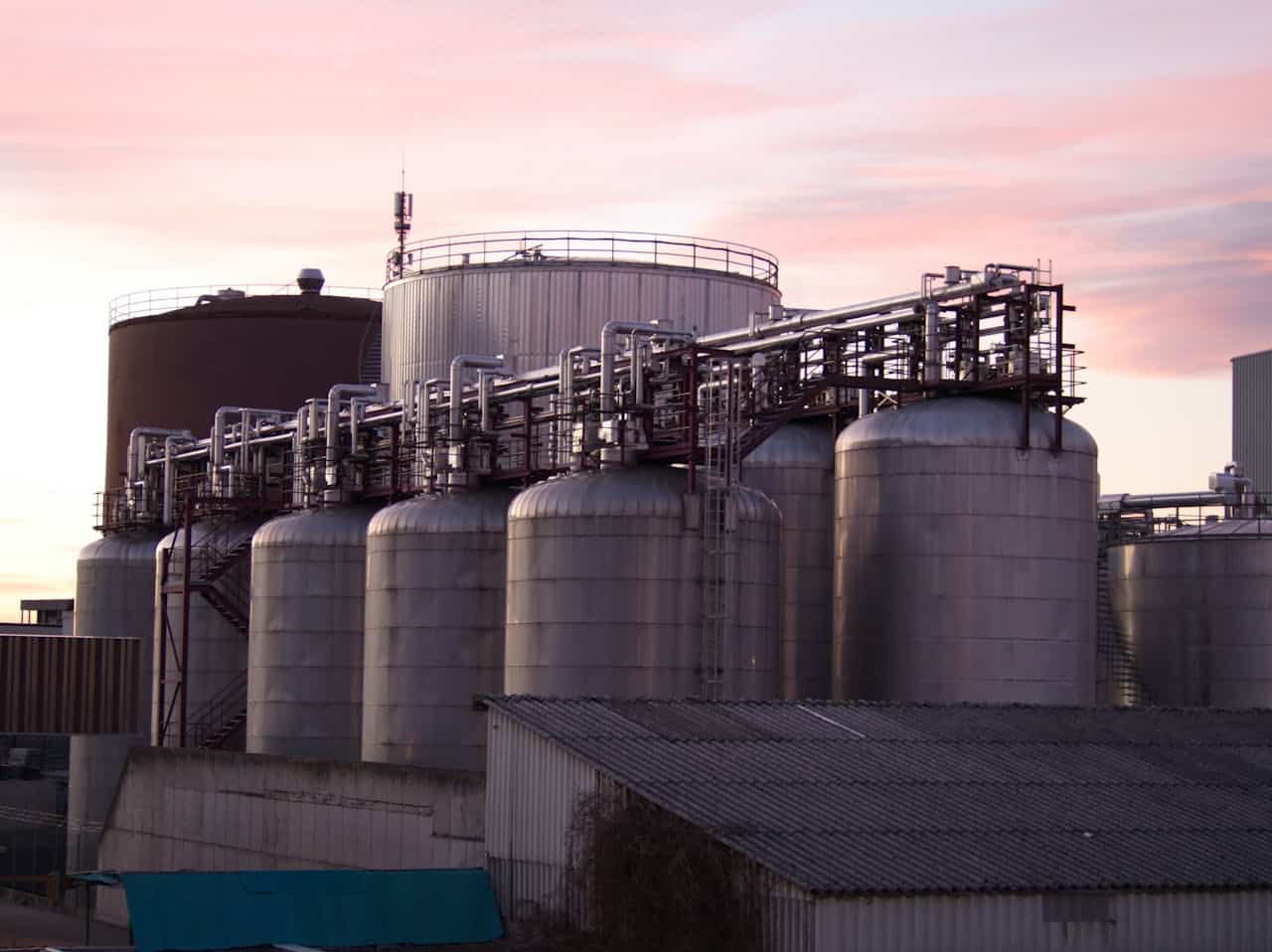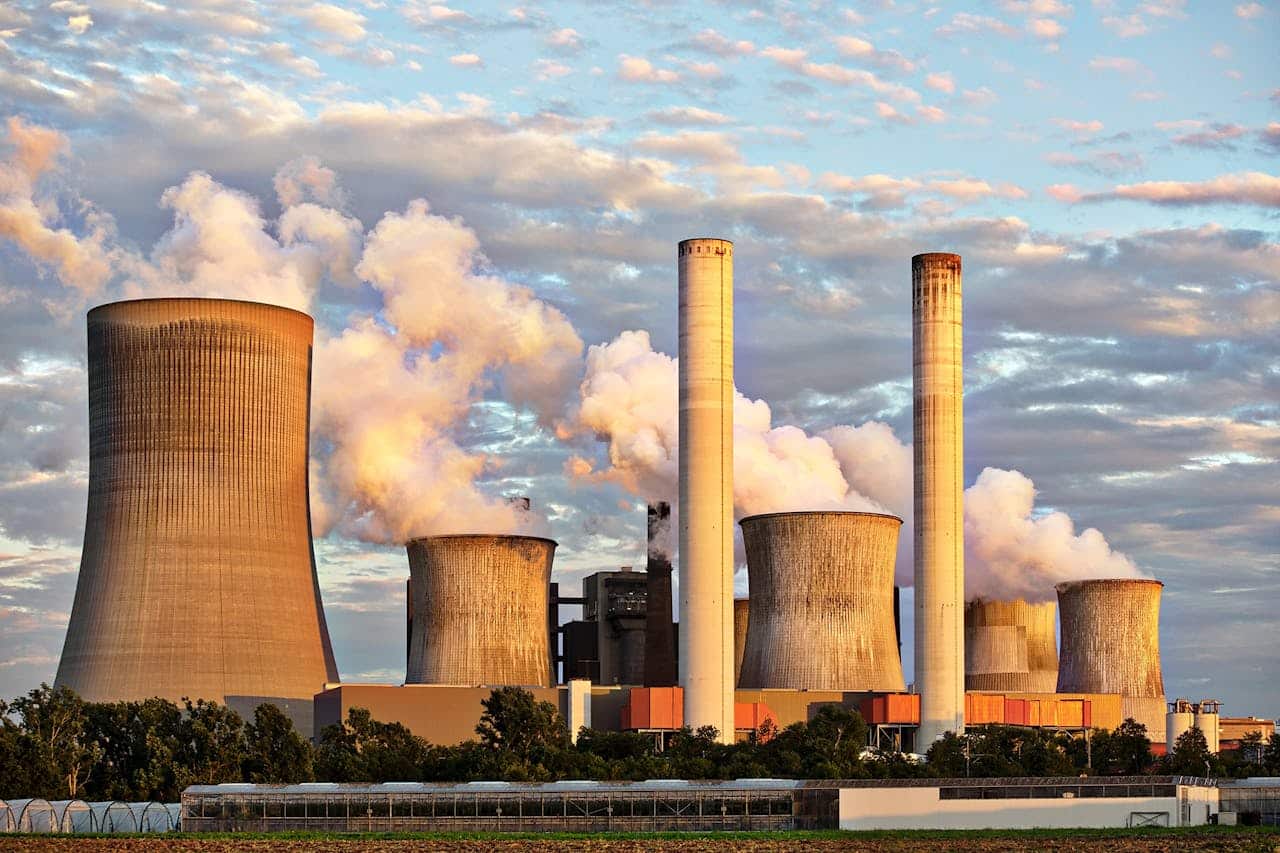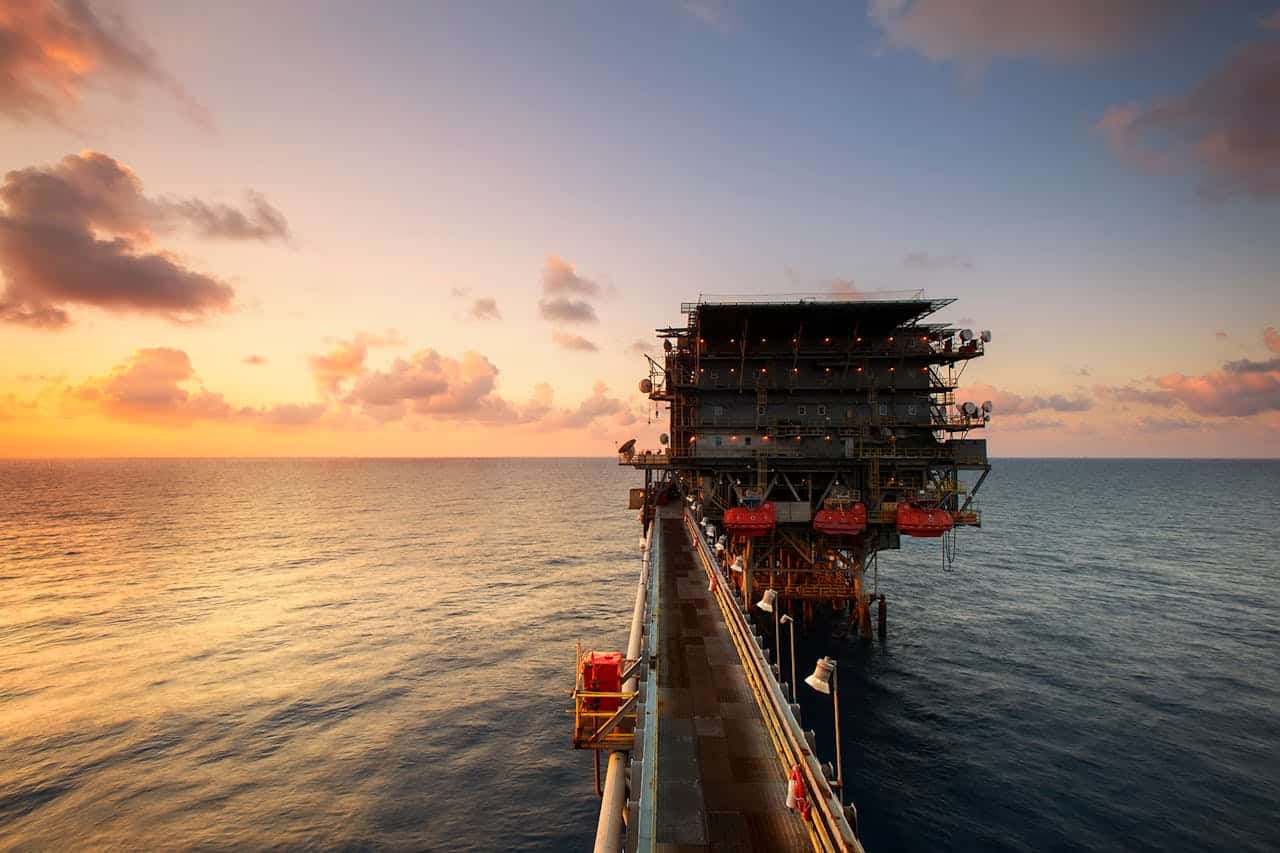Oil and Gas Value Chain – Upstream, Midstream and Downstream
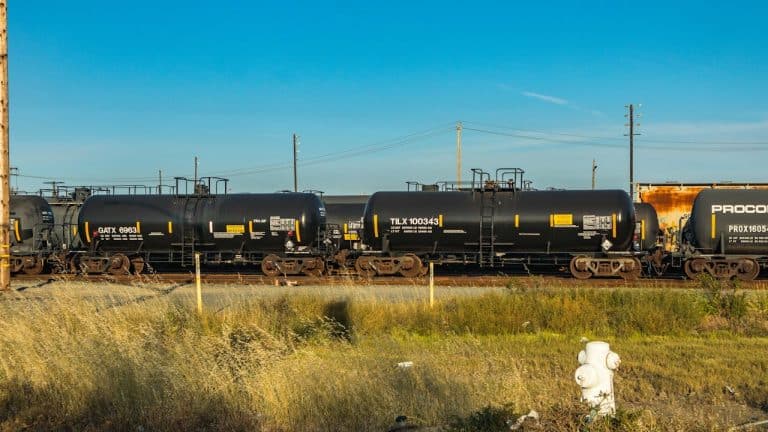
| Date | Format | Duration | Fees (USD) | Register |
|---|---|---|---|---|
| 15 Dec - 19 Dec, 2025 | Live Online | 5 Days | $3785 | Register → |
| Date | Venue | Duration | Fees (USD) | Register |
|---|---|---|---|---|
| 17 Nov - 21 Nov, 2025 | London | 5 Days | $6305 | Register → |
| 01 Dec - 05 Dec, 2025 | Amsterdam | 5 Days | $6305 | Register → |
Did you know that the global oil and gas industry generated revenues of £5.93 trillion in 2023, with a compound annual growth rate (CAGR) of 1.3% between 2018 and 2023? This compelling statistic underscores the critical importance of understanding the complete oil and gas value chain.
Course Overview
The Oil and Gas Value Chain course is meticulously designed to equip professionals with cutting-edge knowledge in upstream operations, midstream infrastructure, and downstream operations. This comprehensive programme focuses on exploration and production, transportation and storage, and refining and petrochemicals to ensure participants can effectively navigate the complex landscape of the oil and gas industry.
Why Select This Training Course?
Selecting this Value Chain Course offers numerous advantages for professionals involved in oil & gas sectors and integrated oil companies. Participants will gain advanced knowledge of upstream exploration, midstream processing, and downstream refining. The course provides hands-on experience with market dynamics in oil and gas and regulatory frameworks, enabling attendees to optimise their operations effectively.
For organisations, investing in this training enhances overall operational efficiency and strengthens supply chain logistics. By ensuring that personnel are well-trained in crude oil transportation and pipeline operations, organisations not only protect their assets but also build sustainable practices. Research shows that companies implementing comprehensive value chain strategies can significantly improve performance. For instance, Petrobras implemented strategic supply chain practices and saved nearly £800 million in the first 18 months.
Individuals who complete this course will benefit from enhanced career prospects as they become more valuable assets in their respective fields. The skills acquired through this training can lead to professional growth and increased responsibilities within their organisations. Studies from 25 different organisations demonstrate how value chain analysis has helped improve efficiencies and gain competitive advantage in the sector.
Transform your value chain expertise – Join our next session!
Who is this Training Course for?
This course is suitable for:
- Managers and executives across the oil and gas sectors.
- Engineers and technical staff in exploration, production, or refining.
- Analysts and strategists in energy markets.
- Project managers in oil and gas developments.
- New entrants looking to understand the industry’s full scope.
What are the Training Goals?
The objectives of this training course are to enable professionals:
- To master the operational and strategic aspects of each oil and gas value chain segment.
- To leverage technology for efficiency, safety, and environmental compliance.
- To understand the economic implications of each segment.
- To prepare for leadership roles by understanding the integrated nature of the industry.
How will this Training Course be Presented?
The Oil and Gas Value Chain Course employs a comprehensive and innovative approach to ensure maximum knowledge retention and skill development. Expert-led instruction from seasoned industry professionals forms the core of the course, providing up-to-date insights into modern value chain techniques and practical applications.
Our dynamic training methodology includes:
- Engaging interactive sessions with sector experts, offering direct insights into current industry practices
- Immersive workshops featuring real-world scenarios across the value chain
- In-depth demonstrations of cutting-edge operational technologies
- Thought-provoking collaborative projects tackling complex value chain challenges
- Comprehensive access to digital resources covering industry best practices
Ready to master the oil and gas value chain? Secure your spot today!
Seize the opportunity to deepen your expertise in the oil and gas value chain—enroll now to stay ahead in this dynamic industry.
Course Syllabus
Module 1: Upstream Exploration and Production
- Geological and geophysical surveys for prospecting.
- Drilling technologies and well management.
- Reservoir characterization and optimization.
- Primary, secondary, and tertiary recovery methods.
- Offshore vs. onshore exploration challenges.
- Environmental considerations in upstream activities.
- Safety protocols in exploration and production.
- Cost management in exploration projects.
- Legal and regulatory compliance in upstream.
- Innovations in subsurface data analysis.
- Managing production risks and uncertainties.
- Integration of renewable energy in upstream operations.
Module 2: Drilling and Well Operations
- Drilling rig selection and operations.
- Well, design and casing strategies.
- Drilling fluids and well control.
- Directional and horizontal drilling techniques.
- Well-completion and simulation methods.
- Wellbore stability and integrity management.
- Production logging and well testing.
- Well intervention and workover operations.
- Decommissioning and well abandonment.
- Safety in drilling operations.
Module 3: Midstream Transportation and Storage
- Pipeline systems for oil and gas transport.
- Tanker shipping logistics for crude and products.
- LNG liquefaction, transportation, and regasification.
- Terminal operations for loading and unloading.
- Storage facilities for crude oil and natural gas.
- Compressor stations in pipeline networks.
- Regulatory compliance in midstream logistics.
- Safety and security in midstream infrastructure.
- Maintenance of pipelines and storage facilities.
- Innovations in midstream technologies.
Module 4: Midstream Processing and Handling
- Gas processing for NGL extraction.
- Oil stabilization and water separation.
- Fractionation of hydrocarbons.
- Blending and mixing of pipeline products.
- Sulfur recovery and treatment processes.
- Environmental management in processing.
- Quality control in midstream operations.
- Asset integrity management in processing plants.
- Automation in midstream operations.
- Energy efficiency in processing facilities.
Module 5: Downstream Refining Operations
- Crude oil distillation and fractionation.
- Conversion processes like cracking and reforming.
- Hydrodesulfurization for cleaner fuels.
- Alkylation and isomerization for high-octane products.
- Blending to meet product specifications.
- Management of refining by-products.
- Energy efficiency and waste heat recovery.
- Refinery safety and risk management.
- Compliance with fuel quality standards.
- Innovations in refining technology.
Module 6: Downstream Petrochemicals and Distribution
- Petrochemical production from refining by-products.
- Petrochemical plant operations and safety.
- Marketing strategies for refined products.
- Distribution network planning and execution.
- Retail operations, including service stations.
- Environmental compliance in distribution.
- Quality assurance in petrochemicals and fuels.
- Logistics optimization for downstream products.
- Integration with other chemical industries.
- Managing supply chain disruptions.
Module 7: Value Chain Integration
- Coordination across upstream, midstream, and downstream.
- Supply chain management in the oil and gas industry.
- Integration of digital technologies across segments.
- Strategic planning for value chain optimization.
- Risk management in an integrated value chain.
- Economic models considering the entire chain.
- Sustainability across the value chain.
- Resource allocation for maximum value creation.
- Managing partnerships and contracts across segments.
- Performance metrics for integrated operations.
Module 8: Regulatory and Compliance Framework
- International and local regulations affecting the value chain.
- Environmental compliance across segments.
- Health, safety, and environmental management systems.
- Legal aspects of cross-border operations.
- Compliance with trade and transport regulations.
- Influence of geopolitical events on regulations.
- Managing regulatory changes and their impact.
- Ethical considerations in compliance.
- Auditing for compliance across the value chain.
- Continuous improvement in regulatory practices.
Module 9: Technology and Innovation Across the Chain
- IoT for real-time data across operations.
- AI and machine learning for optimization.
- Big Data analytics for decision-making.
- Automation in exploration, production, and refining.
- Digital twins for operational simulations.
- Cybersecurity in an interconnected value chain.
- Energy transition technologies in oil and gas.
- Innovations in safety and environmental technologies.
- Blockchain for supply chain transparency.
- Predictive maintenance across the chain.
Training Impact
Research indicates that organisations implementing structured value chain training programmes have demonstrated measurable benefits in both operational efficiency and strategic planning. Case studies highlight the following comprehensive improvements:
From Petrobras’ implementation:
- £800 million in cost savings through supply chain optimisation
- Enhanced operational efficiency across value chain segments
- Improved integration between upstream and downstream operations
- Strengthened competitive position in global markets
Additional benefits include:
- Significant improvement in cross-segment coordination
- Enhanced decision-making capabilities in complex operations
- Improved ability to handle market volatility
- Strengthened risk management across the value chain
- Increased operational resilience through integrated strategies
Transform your career in oil and gas value chain management – Enrol now!

